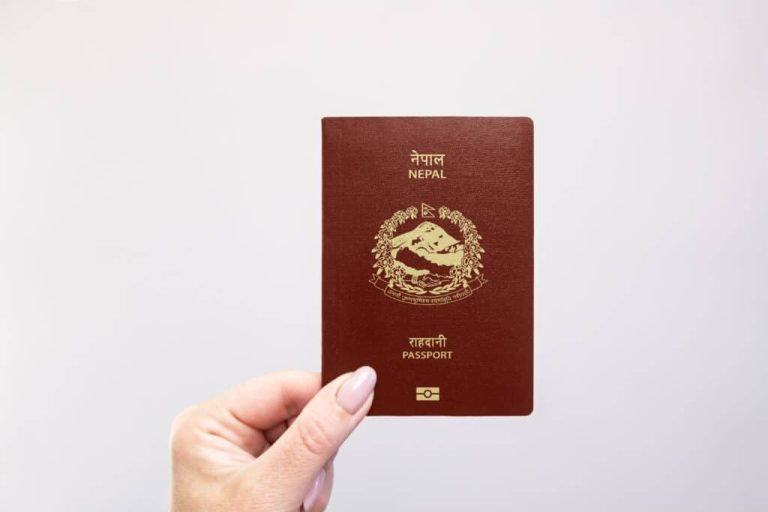Nepal has selected new partners for its biometric passport program. German companies Veridos and Mühlbauer secured the contract, beating longtime provider Idemia Public Security. The deal has sparked debate and led to a formal protest from the French firm.
Nepal had worked with Idemia for 15 years. Many expected the French company to win again, especially with alleged tender conditions favoring the incumbent. However, the new bidding process surprised observers.
According to Nepal’s procurement law, the contract goes to the lowest bidder. Five companies joined the competition. In the final decision, Veridos and Mühlbauer offered more cost-effective solutions.
The passport project had two main parts. The first covered enrollment systems and IT infrastructure. Mühlbauer submitted a bid of $11.6 million. In contrast, Idemia’s bid came in at $17.5 million. Even after using a special cross-discount clause, often believed to favor Idemia, the price gap remained wide.
The second part included the supply of 6.4 million biometric passport booklets. This part also required personalization, packaging, and quality control. Veridos offered the lowest compliant bid of $43.95 million. Idemia’s bid stood at $50.16 million, but with cross-discounts applied, it dropped to $43.76 million. Still, it failed to beat Veridos.
Mühlbauer also submitted a separate bid for the booklets at $46.44 million. However, it was disqualified because it did not include an official offer letter.
The total cost for the government will be $55.11 million under the new deal. That’s $1.7 million less than the discounted total of Idemia’s offer, which was $56.80 million.
A key price difference appeared in the cost per passport booklet. In the past, Idemia charged $10.13 without a competitive bid. In the new bid, its price went up to $10.57. After discounts, that fell to $8.87.
Veridos offered a booklet price of $6.88. When combined with Mühlbauer’s costs, the average price per booklet came to $8.61. This rate is still lower than Idemia’s best offer.
Idemia responded to the loss by filing a complaint with Nepal’s Department of Passports (DOP). The company claims the winning bidders failed to meet key administrative and technical rules. It says that required documents were missing and that the evaluation team ignored the gaps.
There are more serious concerns. Some believe that certain officials may have influenced the decision. Idemia raised the issue of currency exchange rates. It claims that depending on the rate used to convert prices into Nepalese rupees, its bid could have saved the government more money.
Still, Idemia has not been without criticism. A previous report accused the DOP of trying to push the contract toward the French firm in past tenders. The report alleged that officials bypassed rules and ignored disqualifications to help Idemia win.
Nepal’s biometric passport project has seen controversy before. In 2020, the original launch was delayed after a corruption case came to light. A minister allegedly arranged to receive a fee of Rs 700 million (about $9.3 million USD) as part of the deal. Following the scandal, a new round of bidding was held. Both Idemia and Mühlbauer participated, with Idemia ultimately winning that time.
In the latest round, Nepal’s Foreign Minister Arzoo Rana Deuba and Foreign Secretary Amrit Rai have been praised. Observers say they ensured transparency and followed fair bidding rules.
The final contract award signals a shift in Nepal’s approach. It moves away from past controversy and toward open competition. Whether this new deal will bring better services remains to be seen, but it reflects a clear desire to change the old system.


